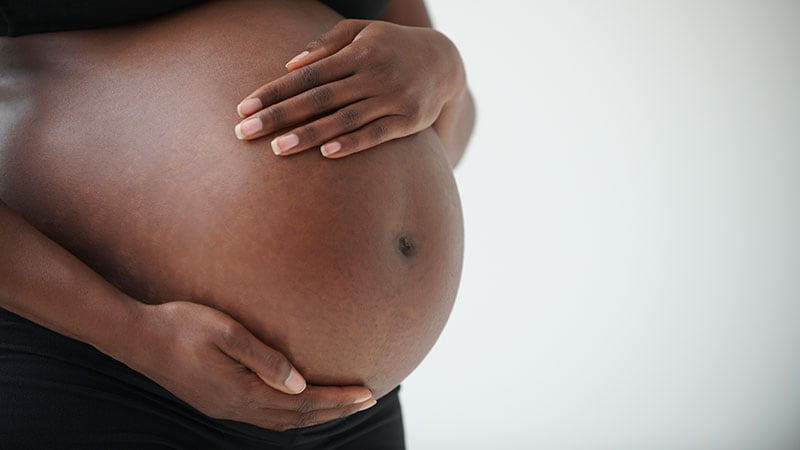Reports have suggested that children born by caesarean initiated before labour onset may be at increased risk of developing acute lymphoblastic leukaemia (ALL). However, with most data being derived from case-control study interviews, information on the underpinning reasons for caesarean section is sparse, and evidence is conflicting.
A new study published in Pediatric and Perinatal Epidemiology used data from the UK Childhood Cancer Study, a population-based case-control study conducted in England, Scotland and Wales in the 1990s, when caesarean section rates were relatively low.
Around 75 per cent of the 1034 children with ALL and 1914 control participants were born through unassisted vaginal delivery. Caesarean delivery was as frequent in children with ALL as control participants (OR, 1.07; 95% CI, 0.84-1.36).
No association was observed between ALL and caesarean delivery either during (aOR, 1.08; 95% CI, 0.78-1.48) or before labour (aOR, 1.09; 95% CI, 0.78-1.53). For B-cell ALL, the ORs were 1.14 (95% CI, 0.81-1.59) for caesarean during labour and 1.21 (95% CI, 0.85-1.72) for pre-labour.
The underpinning reasons for caesarean delivery differed between children with ALL and control participants; with preeclampsia being more common amongst children with ALL born by caesarean (OR, 8.91; 95% CI, 1.48-53.42).
The authors concluded that there is no “significant evidence that caesarean delivery increased the risk of childhood ALL, either overall or when carried out before labour.”


